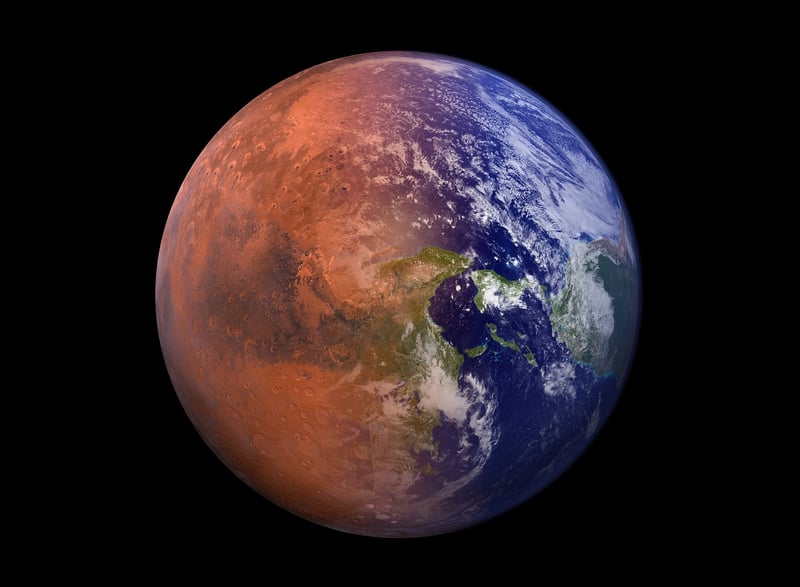Martian Terraforming
The Future of Space Exploration and Martian Terraforming
Space exploration has always been a fascination for humanity, and as technology advances, the possibilities for future missions, including the potential terraforming of Mars, are becoming increasingly realistic.
Exploring the Cosmos
Space agencies around the world, such as NASA, SpaceX, and ESA, are actively working on missions to explore our solar system and beyond. From sending rovers to Mars to studying distant exoplanets, the quest to understand the universe continues to drive scientific advancement.

The Red Planet: Mars
Mars, often referred to as the "Red Planet," has been a focal point for many space exploration missions. With its similarities to Earth and the potential for past microbial life, Mars offers a unique opportunity for further study and even human colonization.
Terraforming Mars
Terraforming Mars involves transforming the Martian environment to make it more Earth-like and habitable for humans. This ambitious project would require significant technological advancements and a long-term commitment but could potentially turn Mars into a second home for humanity.

Challenges and Opportunities
While the idea of terraforming Mars is exciting, it comes with numerous challenges. These include creating a breathable atmosphere, regulating temperature, and protecting against harmful radiation. However, overcoming these obstacles could open up vast possibilities for human expansion beyond Earth.
Future Possibilities
As technology continues to advance, the dream of colonizing Mars and other celestial bodies is becoming more achievable. Whether through innovative terraforming techniques or sustainable space habitats, the future of space exploration holds endless possibilities for humanity.
Stay tuned for more updates on the latest space missions and groundbreaking discoveries as we venture into the cosmos and work towards making Mars a potential second home for future generations.
